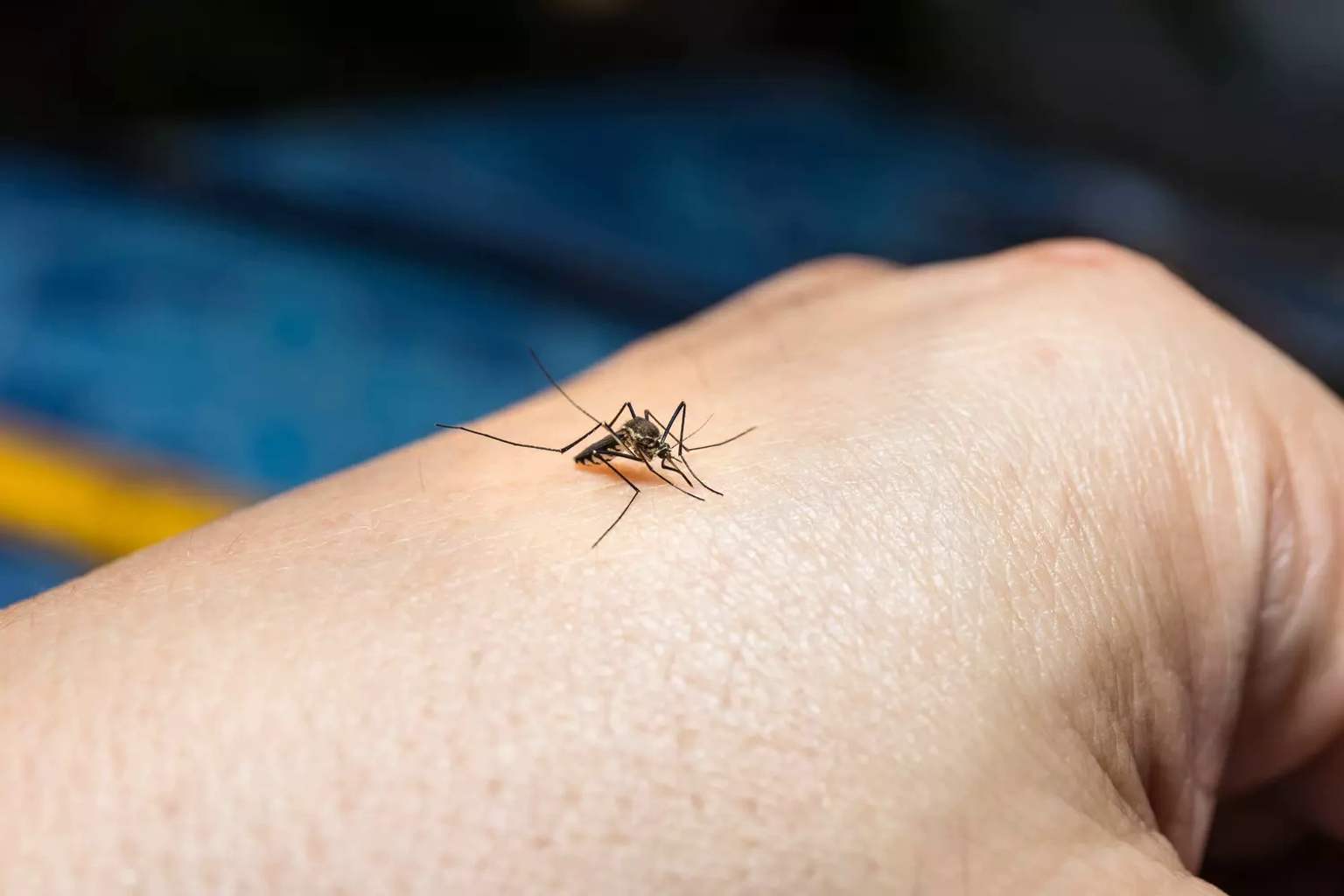If you’ve ever tried to enjoy a peaceful summer evening only to be tormented by the high-pitched buzzing near your ear, you know exactly how maddening mosquitoes can be. Add to that the itchy, red welts from their bites, and it’s clear why these tiny pests spoil so much of our outdoor fun. But why do mosquitoes vanish in winter only to return with a vengeance when the weather warms up? And most importantly, what really works to keep them at bay?
Understanding mosquito behavior and why they return every summer
Is the watery layer on your yogurt really good for your health? A dietitian answers
Mosquitoes disappear in the cold months, but they don’t truly vanish; they’re just hiding out. Adult mosquitoes seek shelter in dark, warm spots, while their larvae wait patiently in water, snug and secure. Once the temperature climbs above 59°F, these insects begin to wake up. At around 68°F and higher, they become fully active and ready to multiply. What’s alarming is that female mosquitoes can lay about 100 eggs every 12 days, rapidly increasing their numbers.
Interestingly, it’s only the female mosquitoes that bite humans. They need our blood as a vital source of proteins to develop their eggs. So unknowingly, we are actually fueling the expansion of mosquito populations each summer.
The science behind effective mosquito repellents
Neither a bob nor layers: the haircut that makes women over 50 look younger and more stylish
You might think any mosquito repellent on the shelf will do the trick, but science tells a different story. In a recent episode of the show Envoyé Spécial, aired June 12, 2025, journalists teamed up with entomologist Grégory Lambert from EID Méditerranée to put popular mosquito repellents to the test.
Their verdict? Most products simply don’t cut it. The only repellents with proven effectiveness contain specific active ingredients: DEET, IR3535, icaridine, and eucalyptus citriodora. These ingredients confuse and repel mosquitoes by interfering with their nervous systems. Essentially, they thwart the insects’ ability to track us down by scrubbing away the chemical signals our bodies emit, which mosquitoes find irresistible.
This double action—disorientation of the insect and chemical signal masking—is what makes these repellents stand out from all the others.
Choosing and using the right mosquito protection
Which sugar is healthiest? Nutritionists compare white, cane, and brown varieties
Not all these active ingredients are applied the same way, though. DEET, IR3535, and icaridine mostly come in skin sprays. They are your best friends when you’re outdoors, whether hiking, dining on a terrace, or just enjoying backyard barbecues. These sprays block mosquitoes effectively, but they aren’t meant to be sprayed into the air.
Some IR3535-based sprays, however, can be used indoors on curtains, screens, or window frames to repel mosquitoes without harming your living space. For those looking to eliminate mosquitoes from inside the home, products with eucalyptus citriodora—like ambient sprays, electric diffusers, or candles—are excellent choices.
From my own experience, using a product with DEET during summer hikes has saved me from countless bites. I’ll admit, I was skeptical at first because so many natural repellents promised results and failed. But the science-backed formulas really do protect—and that peace of mind is worth the small effort.
Next time you reach for a mosquito repellent, pay close attention to the ingredients. Don’t settle for ineffective products that leave you swatting and suffering through another summer of itching and buzzing.
Why making eye contact feels so hard and how psychology explains it
Are you curious about what’s in your mosquito spray? Have you found a remedy that truly works for you? Share your experiences below and let’s help everyone enjoy a bite-free summer!
